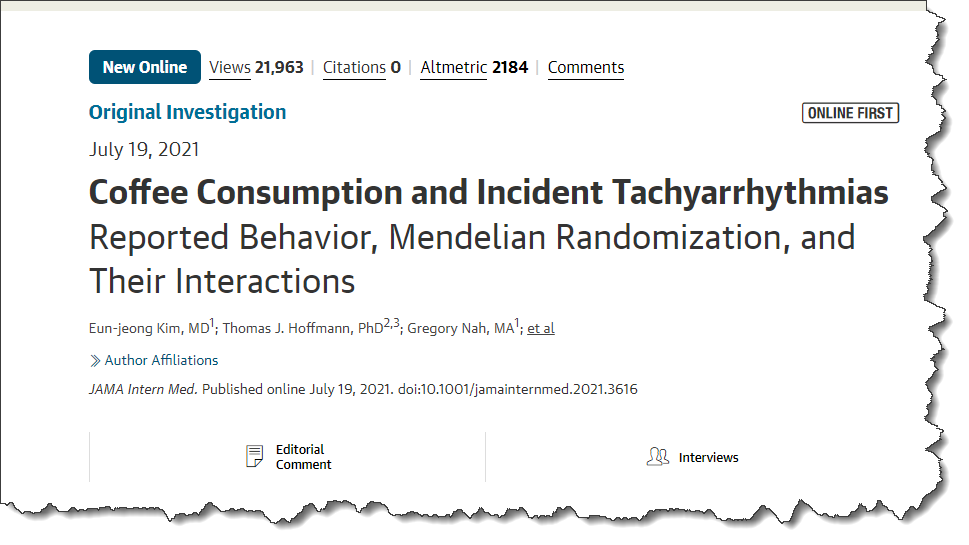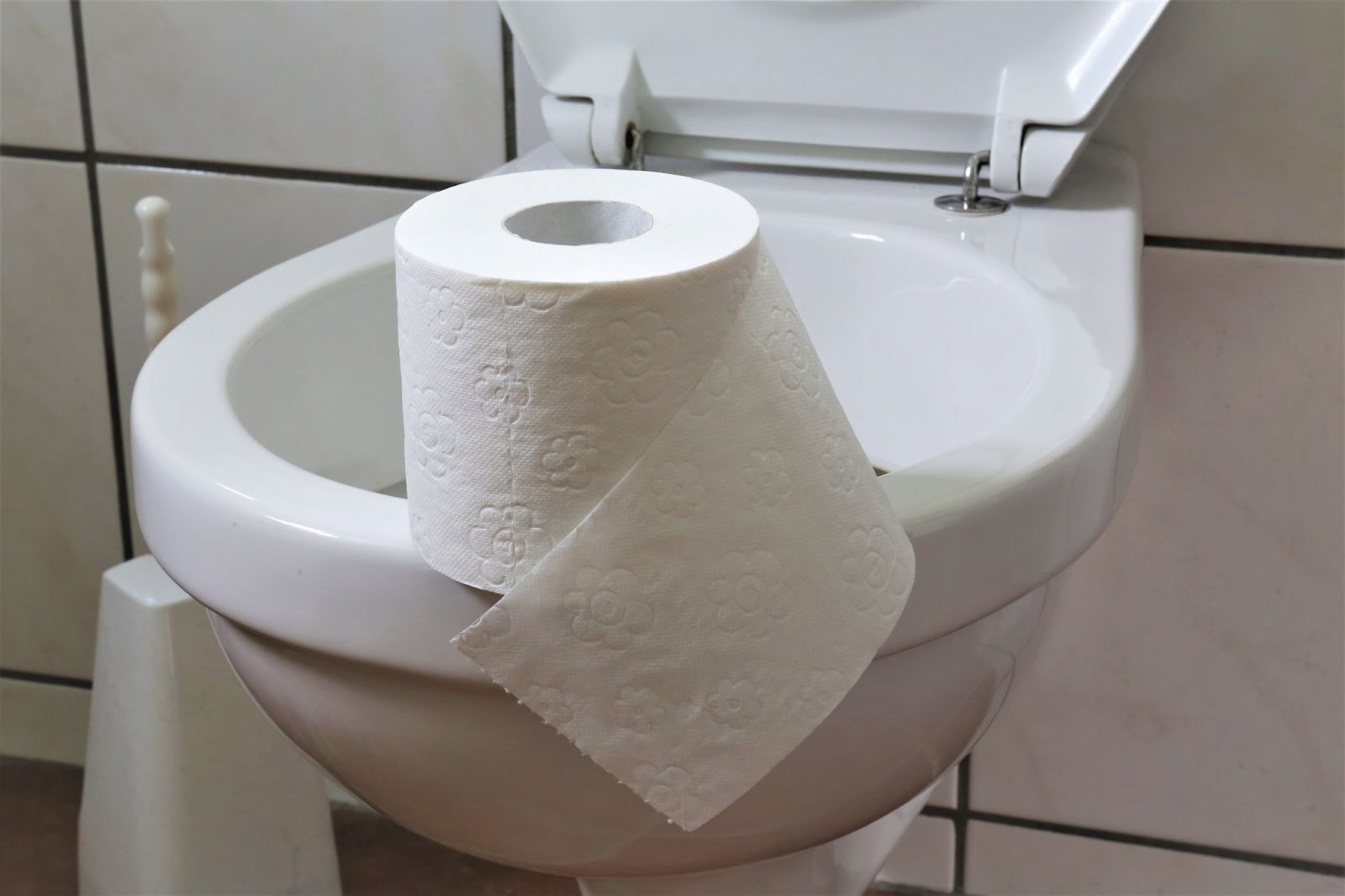
I’m setting the record straight

Story-At-a-Glance
Matt Cook here, and you may be wondering: “is coffee good for men?”
“How much do I have to drink to get the benefits?”
And, “how much is too much?”
So here’s what you need to know about drinking coffee…
—-Important Message From Bill Grant—-
Controversial video clip reveals stunning erections breakthrough for men

Scientists have discovered a simple and easy “brain hack” to almost instantly reverse arousal problems…
Contrary to what your doctor has told you, getting “rocky” has nothing to do with testosterone levels or anxiety…
And it’s not a blood flow problem either…
However, new science does reveal your brain has a “control switch” that determines whether you get stiff — or suffer from embarrassing limpness.
And inside this short controversial video Big Pharma wants banned, you’ll discover a new approach to immediately enhance your rockiness…
…while increasing stamina, duration, and fullness practically on demand.
Watch this video before it’s taken down — shows men how blood flow can double to the penis
———-
Here’s what doctors keep getting wrong about drinking coffee
Coffee gets a bad rap.
In the United States, people will say things like “I’m giving up coffee” or “I’ve got to kick this coffee habit.”
There’s a lot of cultural stigma that says coffee is a bad habit for your health.
But coffee is actually good for you, and in my courses I advise people to drink MORE coffee, not less.
That’s because coffee is associated with many health benefits, including a reduction in cognitive disorders — like the dreaded Alzheimer’s disease.
Daily drinking of one or two cups of coffee was associated with a lower occurrence of cognitive disorders, including Alzheimer’s disease.
It has lots of compounds that reduce inflammation and it’s great for your liver.
Evidence shows that it reduces liver enzymes in viral hepatitis, non-alcoholic fatty liver disease, and cirrhosis.
Even though coffee is great for your health, sometimes doctors tell people who have a risk of an irregular heartbeat — something called arrhythmia — to stop drinking coffee.
The caffeine is supposed to put folks at higher risk of arrhythmias.

This is a case where “conventional wisdom” is dead wrong.
Now, if your doctor has told you to stop drinking coffee you want to make sure you consult with him BEFORE you start drinking coffee again.
I’m not a doctor and this isn’t medical advice.
But… in this study of over 300,000 participants researchers showed that coffee has nothing (and I mean NOTHING) to do with cardiac arrhythmias.
Neither habitual coffee consumption nor genetically mediated differences in caffeine metabolism was associated with a heightened risk of cardiac arrhythmias.
This study controlled for specific genetic variations and well as demographics and comorbid conditions.
Comorbid conditions are health conditions that go along with the primary health condition being studied.
Even after controlling for these factors, there was no correlation at all with developing an irregular heartbeat due to drinking coffee.
The study was done over the course of 3 years and I think the results probably surprised the researchers…
Because what they found was the exact opposite of conventional wisdom.
They found that drinking coffee was actually PROTECTIVE against developing an irregular heartbeat.
After adjustment for demographic characteristics, comorbid conditions, and lifestyle habits, each additional cup of habitual coffee consumed was associated with a 3% lower risk of incident arrhythmia.
This is another case of common medical advice being completely turned on its head by actual data.
Coffee is supposed to cause an irregular heartbeat, but it’s actually mildly PROTECTIVE and helps people not get arrhythmia.
Crazy, right?
In this prospective cohort study, greater amounts of habitual coffee consumption were inversely associated with a lower risk of arrhythmia, with no evidence that genetically mediated caffeine metabolism affected that association. Mendelian randomization failed to provide evidence that caffeine consumption was associated with arrhythmias.
Personally, I drink a lot of coffee. It’s really good for your body. I aim for 5 or more cups a day — that amount of coffee is highly protective.
Even if you are very caffeine sensitive, you can try drinking a cup in the morning and building up your tolerance. And even decaf is very worthwhile.
I’ve found that most people can build up a tolerance to caffeine as long as they drink it AFTER a meal, or with plenty of sugar and some low fat milk.
Now, I don’t recommend that you go to Starbucks and order Grande Double Mocha Lattes or anything like that.
They have way too much fat in them and a lot of times they use unhealthy PUFA fats.
Regular plain coffee with lowfat milk and sugar is your best bet.
The next time someone tells you that coffee is bad for you, just ignore them and enjoy your steaming hot cup of joe.
—-Important Message From Matt Cook—-
Beware this hidden toxin in the bathroom — gives men prostate cancer

There’s toxic chemicals like BPA all around us, even in the bathroom…
And chances are, you’ve already used this item once or twice today…
And each time, it’s exposing your most private manly areas to dangerous toxins…
Toxins that can cause terrible performance problems for men, even prostate cancer.
Watch this quick video — are you protecting yourself in the bathroom?
———-

